Looking to boost your omega-3 intake but can’t stand the taste of fish? You’re not alone—and the good news is, you don’t have to rely on salmon or tuna to get your daily dose of these essential fatty acids. Omega-3s play a major role in heart health, brain function, and inflammation control, and there are plenty of delicious plant-based foods that deliver just as much—if not more—than your typical seafood favorites. Whether you’re vegetarian, vegan, or simply exploring new options, these six powerhouse foods make it easy to enjoy the benefits of omega-3s without ever picking up a forkful of fish.
1. Flaxseeds and Flaxseed Oil
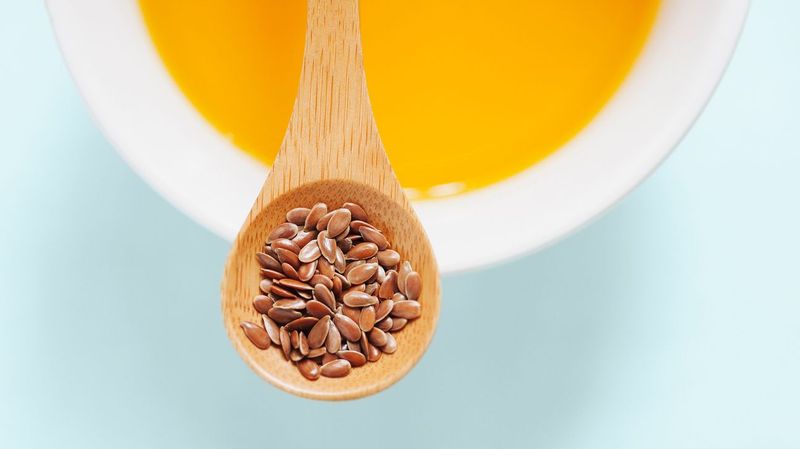
Few foods can match the omega-3 firepower of flaxseeds and flaxseed oil. These tiny seeds may look humble, but they’re absolutely packed with alpha-linolenic acid (ALA), offering over 2,300 mg per tablespoon of whole seeds—and even more in oil form. Plus, flaxseeds bring a big bonus of fiber, lignans, and magnesium, making them a total nutritional package.
Grinding flaxseeds before eating helps your body absorb more nutrients, while flaxseed oil is perfect for drizzling over salads or blending into smoothies. If you’re seeking a simple, plant-based way to pump up your omega-3s without fish, flax easily leads the pack—and delivers extra heart, brain, and digestion perks while it’s at it.
2. Chia Seeds
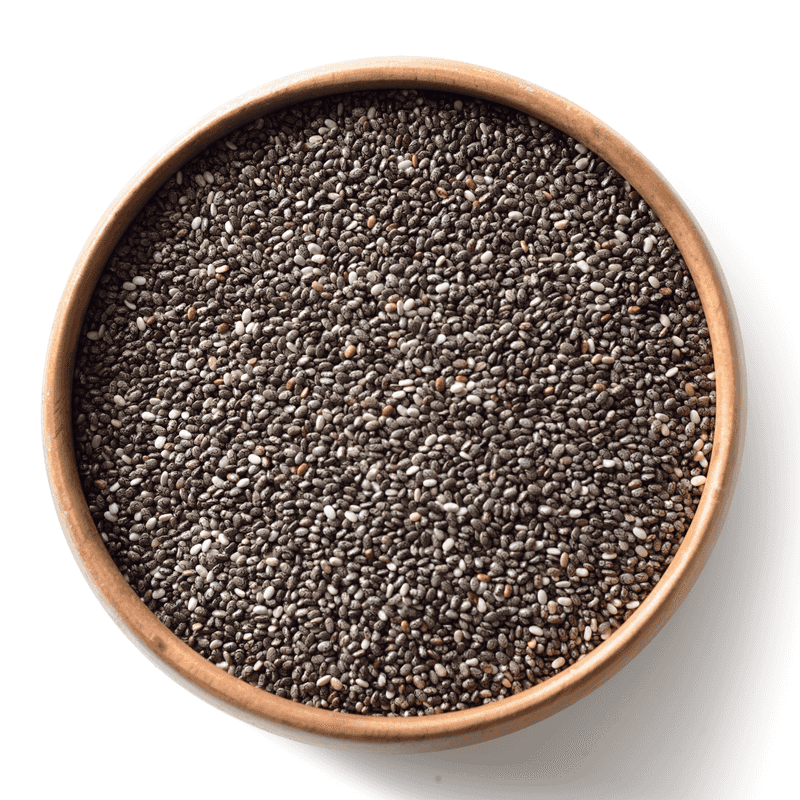
When it comes to nutrient density, chia seeds punch way above their weight. Just a single ounce offers a massive 5 grams of ALA omega-3s—far more than many servings of fish! These little black-and-white seeds also expand in liquid, creating a fun gel-like texture perfect for puddings, smoothies, and healthy baked goods. Beyond their stellar omega-3 content, chia seeds provide plenty of fiber, plant-based protein, and key minerals like calcium and phosphorus. Their mild flavor makes them easy to incorporate into all kinds of dishes, sweet or savory. If you want a powerhouse superfood that’s simple to sprinkle into your diet, chia seeds offer an effortless and tasty solution.
3. Hemp Seeds
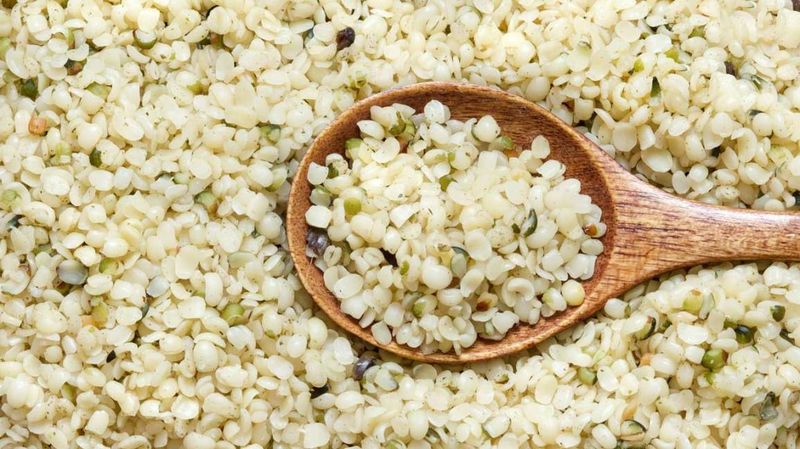
If you’re looking for a well-rounded nutrition boost, hemp seeds might be your new best friend. In just three tablespoons, these soft, nutty seeds deliver about 2,000 mg of ALA omega-3s, alongside a near-perfect balance of omega-6s. Unlike many other plant-based foods, hemp seeds are a complete protein source, meaning they contain all nine essential amino acids—a rare find in the plant world.
Toss them over yogurt, blend them into smoothies, or stir them into oatmeal for a rich, satisfying crunch. With their mild, slightly earthy flavor and impressive nutrient profile, hemp seeds are one of the easiest (and tastiest) ways to meet your omega-3 needs without relying on fish.
4. Walnuts

Nothing beats the satisfying crunch of a handful of walnuts—and the nutritional perks are just as impressive. A single ounce of walnuts serves up about 2.5 grams of ALA omega-3s, making them one of the best plant-based sources around. But the benefits don’t stop there: walnuts are also packed with antioxidants, polyphenols, and heart-healthy fats that work together to support cardiovascular wellness. Their rich, buttery flavor makes them perfect for snacking, tossing into salads, or even blending into creamy plant-based sauces. Whether you’re craving a savory topping or a brain-boosting snack, walnuts offer a deliciously simple way to fuel your body with essential omega-3s.
5. Seaweed and Algae (Algal Oil)
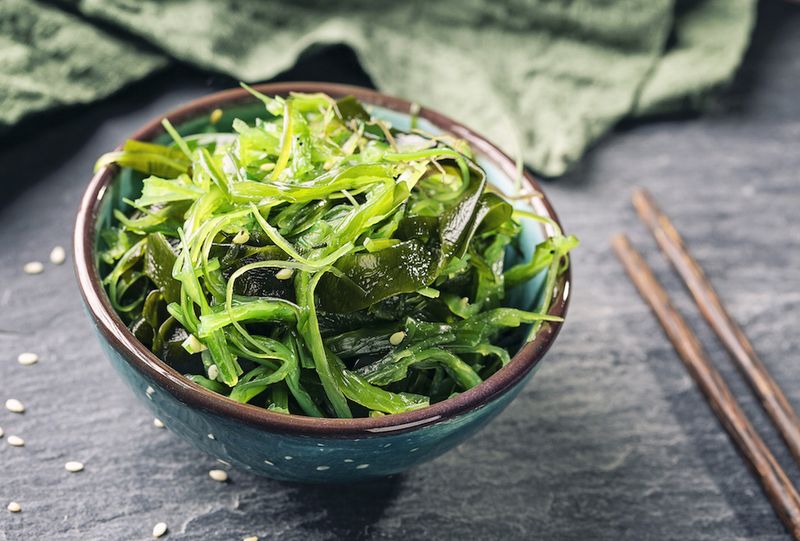
Venture into the underwater plant world, and you’ll find an unexpected omega-3 treasure trove: seaweed and algae. Unlike most plant foods, certain types of algae (and their extracted oils) naturally contain EPA and DHA—the same long-chain omega-3s found in fish. Algal oil supplements, in particular, are a vegan-friendly way to get these crucial fatty acids without any seafood involved.
Meanwhile, seaweed varieties like nori, wakame, and dulse bring a natural salty flavor to soups, salads, and sushi while contributing smaller amounts of omega-3s. If you’re aiming for a direct fish-free source of high-quality omega-3s, seaweed and algae are about as close to the ocean as you can get—without the fish.
6. Canola Oil
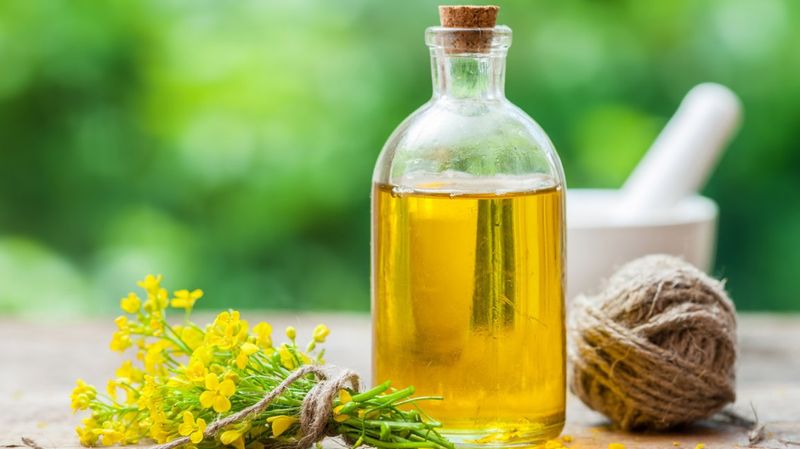
Cooking oil might not seem exciting at first glance, but canola oil quietly brings major health benefits to your table. One tablespoon delivers about 1.3 grams of ALA omega-3s, making it one of the most affordable and versatile non-fish sources available. With a light flavor and a high smoke point, canola oil works beautifully in everything from sautéing to baking.
It’s also low in saturated fat and contains vitamin E, giving your meals a healthy upgrade without changing your favorite recipes. If you’re looking for a practical, everyday way to sneak more omega-3s into your diet, swapping in canola oil for other fats is a smart and simple move.
Leave a comment